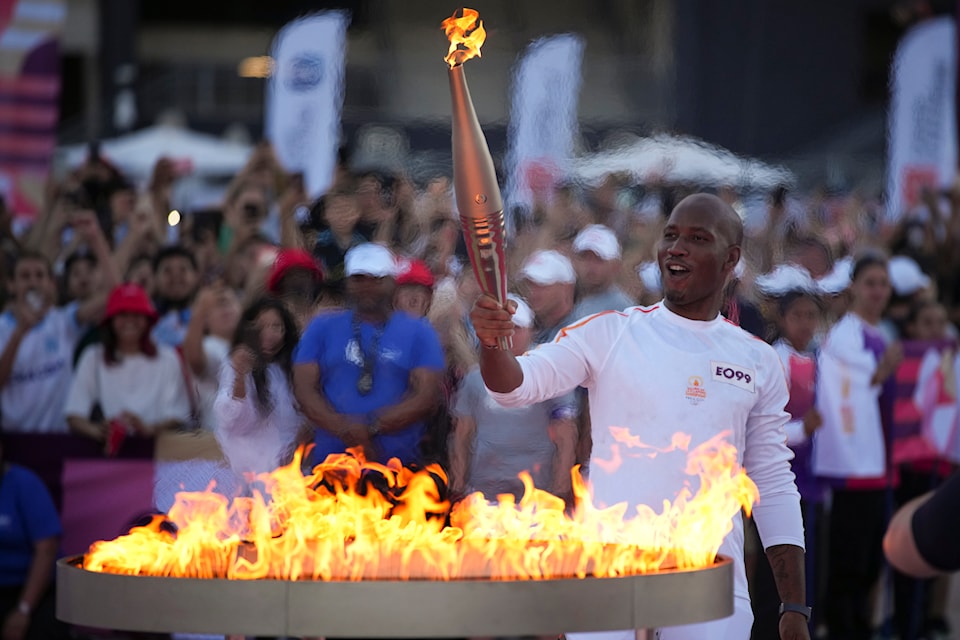Politics and sports have been synonymous for a long time. There’s no reason to change that now.
For years, the “keep politics out of sports” crowd has kept growing. As events for Pride, Black History Month and other minority groups become normalized, arguing these “political” events should be dropped in favour of just the sporting side.
This line of thinking misunderstands the history between sport and politics. The two have always been intertwined across the world socially and economically.
These comparisons can be something as simple as when teams look to renovate or build a new stadium. In many cases, team ownership can try to use taxpayer dollars to pay for their construction.
In Canada, stadiums across the country from B.C. Place in Vancouver, BMO Field in Toronto, Rogers Place in Edmonton and many more have had portions of their funding come from taxpayer dollars.
According to a report by the Journal of Policy Analysis and Management, taxpayers are on the hook for US$750 million across stadiums built from 2020 to January 2023.
It’s really as simple as that. Politics and sports going together hand in hand. Now, it’s pretty clear these “keep politics out of sports” arguments don’t really care about the economic side of politics.
The focus is a stand against seeing social causes they don’t personally support in the places they enjoy.
But these causes are important, and cause real change. Take, for example, Pride Nights. A 2020 study from Australia’s Monash University and Toronto Metropolitan University found players in the Australian Ice Hockey League were much less likely to use homophobic slurs when they played for teams who had Pride nights.
The study found 38 per cent of players self-reported using a homophobic slur at least once in a two-week period on teams who hosted a Pride night, in comparison to 61 per cent of players whose teams did not hold a pride night.
These numbers are still far too high, but they show a real sign of progress and change that having these kinds of nights can have.
Keeping politics out of sports, or not holding a Pride night, would’ve kept the door closed on marginalized groups who’ve been discriminated against in sports for so long.
Furthermore, there have been evidence of real political change happening because of sport and athletes.
Take the story of Ivory Coast soccer legend Didier Drogba, who in 2005 led his team in a message after qualifying for the 2006 World Cup to stop the civil war in the nation.
"Men and women of Ivory Coast. From the north, south, centre, and west, we proved today that all Ivorians can coexist and play together with a shared aim–to qualify for the World Cup," Drogba said.
"We promised you that the celebrations would unite the people–today we beg you on our knees,” he continued, as the team all dropped to their knees. “The one country in Africa with so many riches must not descend into war. Please lay down your weapons and hold elections."
As the clip of the video was played on networks across the African nation, movement towards a ceasefire in the civil war was signed.
If the Ivorian national team stayed out of politics, the fate of the nation could have been different.
Politics will remain a key factor in sport as long as sports teams continue being beacons of community for cities and countries worldwide.
Civil movements from these entities with huge followings and influence will continue to bring positive change to society in the future. It’s time to embrace the power of them.



